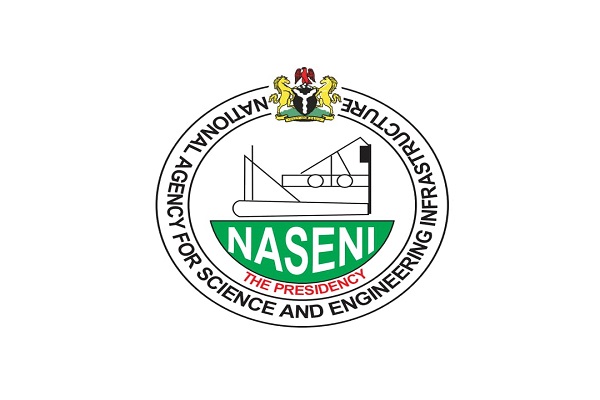The NASENI innovation drive is shaping conversations about the future of Nigeria’s economy in bold new ways. When the National Agency for Science and Engineering Infrastructure hosted academics, policymakers, and innovators in Abuja on September 24, 2025, its leadership delivered a clear message. Nigeria’s path to prosperity must lean not only on oil or agriculture but also on the commercialization of research and innovation.
This vision highlights an urgent truth. Nations that thrive today are those that turn ideas into practical solutions. Therefore, NASENI is emphasizing innovation as the foundation of lasting growth. The agency believes that when local research connects with industry, Nigeria can reduce import dependence and strengthen self-reliance. Moreover, innovation drives job creation, global competitiveness, and sustainable development, making it essential for national progress.
Speakers at the gathering underscored the critical need for collaboration. Academics provide knowledge, policymakers create enabling frameworks, and innovators translate theories into products. Consequently, linking these players strengthens the entire ecosystem. Without such collaboration, research risks remaining confined to libraries instead of fueling industries. Furthermore, participants stressed that government must ensure research outcomes are funded, tested, and marketed for real-world impact.
The NASENI innovation drive also reflects growing awareness that Nigeria’s youth hold untapped potential. Young researchers and entrepreneurs often possess ideas with transformative value. However, limited access to funding, mentorship, and infrastructure slows their progress. By investing in these bright minds, Nigeria can cultivate global leaders in science, technology, and engineering. In addition, supporting youth innovation reduces unemployment, fosters creativity, and inspires new generations to pursue scientific careers.
Meanwhile, stakeholders acknowledged the barriers that Nigeria still faces. Many local inventions fail to reach the market because industries prefer foreign technologies. Some innovators give up after struggling with high costs and bureaucratic delays. Nevertheless, NASENI’s leadership insists that these challenges can be overcome through strong policies and consistent support. Moreover, building local trust in Nigerian products remains essential. Once industries adopt and celebrate homegrown solutions, public confidence will follow.
During the Abuja meeting, participants also highlighted success stories. Several Nigerian innovations in renewable energy, agriculture, and healthcare are already gaining traction. These examples demonstrate that when research receives attention and investment, it can solve pressing problems. Therefore, scaling up these models could transform entire sectors. Furthermore, by showcasing local success, NASENI hopes to inspire broader confidence in Nigeria’s capacity for innovation.
The push for commercialization also connects directly with global trends. Nations worldwide now prioritize science and technology as key drivers of wealth. For Nigeria, joining this race means turning laboratories into production hubs and universities into engines of enterprise. Consequently, the agency is calling for more public-private partnerships that unlock both capital and creativity. Moreover, partnerships can reduce risks for innovators and attract international recognition.
At its core, the NASENI innovation drive is about reimagining Nigeria’s story. The country has long been described as resource-rich yet underdeveloped. However, with consistent focus on innovation, that narrative can change. Nigeria can evolve into a nation recognized not only for natural resources but also for intellectual capital. Therefore, the Abuja meeting was more than a conference. It was a call to action, urging stakeholders to prioritize ideas that can transform lives.
Ultimately, NASENI is championing a future where innovation fuels prosperity. With determination, Nigeria can shift from being an importer of technologies to becoming a global exporter of solutions. Moreover, success in this mission would mean more than economic growth. It would mean dignity for inventors, opportunities for youth, and resilience for communities. The message remains clear: Nigeria’s destiny rests on its ability to transform knowledge into action, and action into lasting progress.





